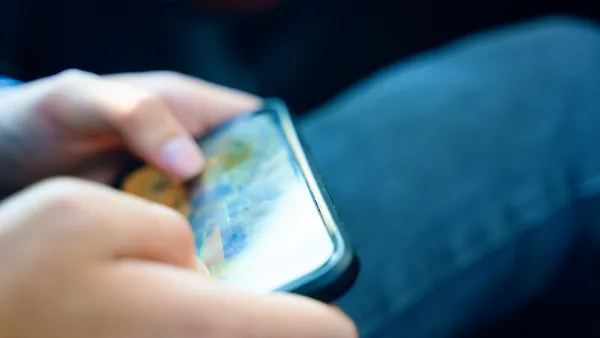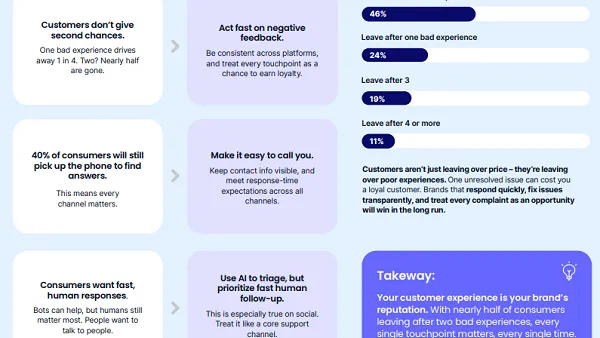Brief:
- Chinese consumers have pushed back plans to buy new smartphones — including the latest 5G models — as the COVID-19 pandemic dampens big-ticket purchases, per a study by Strategy Analytics. Its survey of 1,300 consumers found that 37% have delayed buying a new smartphone while 32% put off adopting 5G.
- Apple users were the most optimistic, with 41% of iPhone owners saying they would buy a new smartphone as planned or even sooner. Huawei customers tended to be more cautious, with 42% saying they had delayed or canceled a smartphone purchase, while another 25% will stick with their plans, the survey found.
- The delayed or canceled plans to buy a new smartphone come as many Chinese consumers express caution about their spending. Two-thirds of survey respondents said they postponed a planned trip, while 40% delayed purchases of cars, furniture or major appliances, per Strategy Analytics.
Insight:
As the world's biggest market for smartphones, China has an enormous effect on device makers including domestic brands like Huawei, Vivo, Oppo and Xiaomi that run on Android, and foreign brands like Apple. The COVID-19 pandemic disrupted supply chains for many smartphone makers that rely on Chinese factories, but its more lasting effect may be on consumer sentiment, especially for lower-income people who favor less expensive handsets made by domestic manufacturers.
Apple appears to be somewhat more immune to the crisis, as the survey by Strategy Analytics suggests, and last year showed signs of making a comeback in the country amid heightened competition with domestic brands. Apple's shipments of iPhones in China rose 19% to 3.2 million in 2019 from the prior year, according to a CNBC estimate based on government trade data. The pandemic had its biggest effect on the country in the ensuing months, forcing Apple to withdraw its sales guidance in February. The company is expected to report its earnings for the first three months of the year on May 5, and likely will provide more details about its expectations for the remainder of 2020.
The purchasing plans of Chinese consumers may provide some insights into how the COVID-19 pandemic will affect other countries. The outbreak originated in China, making it the first county to feel the effects of measures to suppress the spread of the illness. Apple, for example, closed its stores in China as the number of coronavirus cases rose, but started to reopen them in February as the pandemic appeared to be more contained in the country, Business Insider reported. However, as the outbreak reached the U.S., Apple last month closed stores for two weeks, and later extended the shutdown indefinitely.
Before the onset of the coronavirus pandemic, consumer demand for 5G was high, potentially powering better augmented reality and in-store applications that could be rolled out by mobile marketers.














